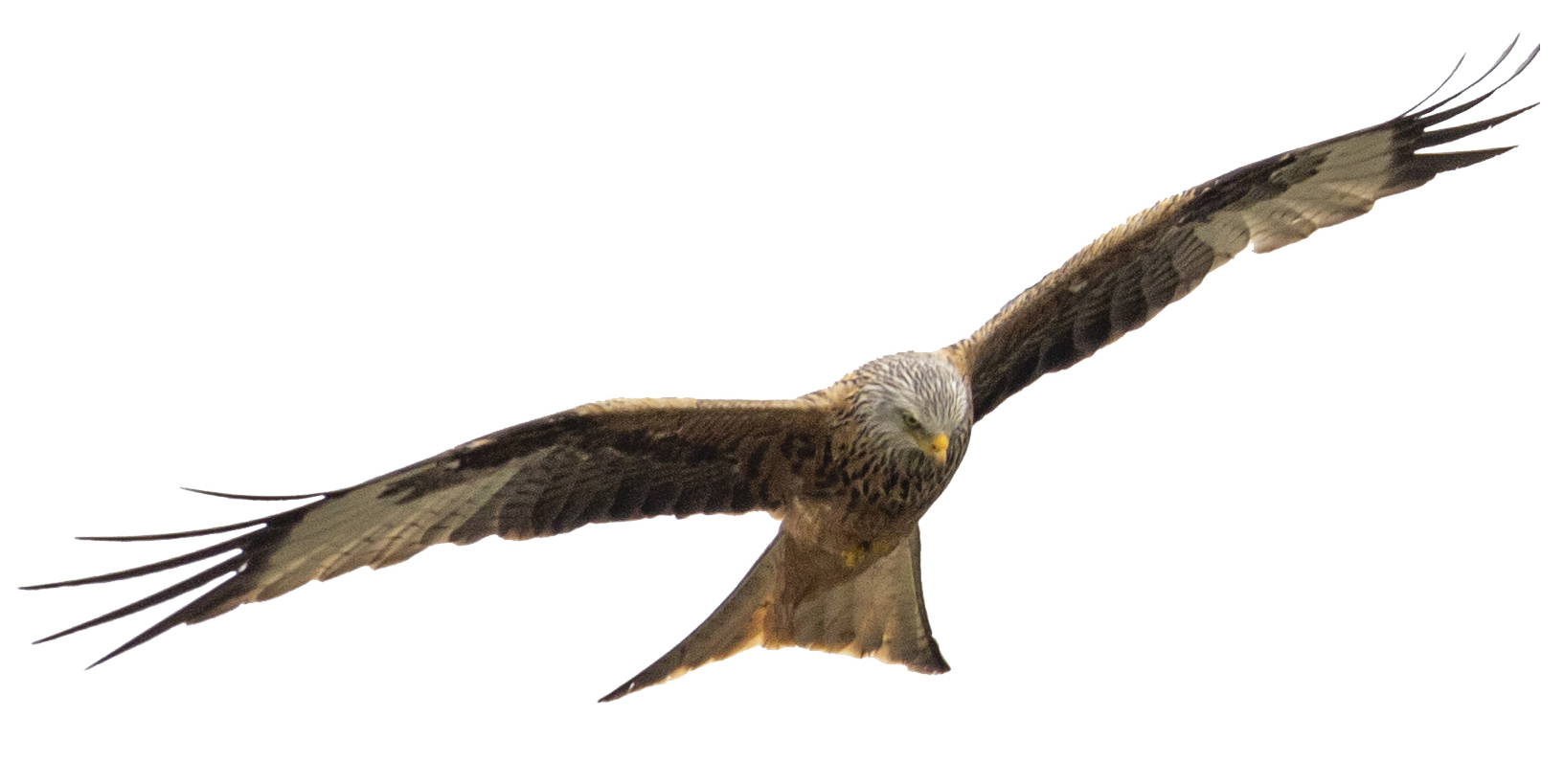I know of no one alive who can hold a candle to Caitlin Johnstone as a warrior for truth. Big hearted and witheringly intelligent, her words cut through the crap and the cant with unfailing accuracy.
Take today’s offering from her daily blog …
You Don’t Have To Choose Between Happiness And Being Informed
I write about some dark, dark things in this space, and it’s common to receive expressions of despair in response to the subjects I focus on.
This is perfectly understandable. Not only is our world hurtling toward nuclear armageddon and environmental collapse while surging authoritarianism threatens our ability to even talk about these things with each other, but most people are completely oblivious to it all. Even relatively politically engaged people tend to believe society’s biggest problems are things like sexism or drag shows, and they generally support one of the two mainstream political factions who are both driving us toward destruction.
And this is of course because we live in a mind-controlled dystopia where everything is fake and stupid. Western civilization is dominated by a power structure that has invested more heavily in “soft power” (mass-scale psychological manipulation) than any other power structure in history. It pervades our media, our internet services, our art — literally all of mainstream culture.
The politicians lie, the news media lie, the movies lie, the internet lies, the advertisements lie, the shows between the advertisements lie. They lie about our world, they lie about our government, they lie about what’s important, how we should think, what we should value, and how we should measure our level of success and worthiness as human beings. That’s what you get when you live in a civilization that’s made of lies, under an empire that’s held together by lies.
So of course people who see this express despair. When you first punch through the lies and start to gain an understanding of what’s really going on, it can be really unpleasant at first. It feels like what it probably felt like to be a lucid thinker back in much less enlightened times when civilization was dominated by religion and superstition. Lonely. Depressing. As Terence McKenna said, “The cost of sanity in this society is a certain level of alienation.”
But it gets better. Or at least it does if you allow it to.
It’s not that society starts feeling less fraudulent (it doesn’t), and it’s not that you get used to how fake and dishonest it all is (you don’t). Things like political conversations, movies, celebrity awards shows, even the kinds of jokes comedians tell are still experienced as coming from a backward dream world whose circumstances are completely different from waking reality, and the smell of propaganda brainwashing still pervades it all. But it does get better.
What gets better is that once you’ve unplugged your mind from the matrix of imperial mind control, you stop looking for happiness, connection and satisfaction in the places the matrix trained you to look for it. You no longer get your sense of self-worth from how successful you can be as an industrious gear-turner of the capitalist machine or how much your body looks the way the ads say it should look. You don’t get your sense of satisfaction from how much approval you can win over from denizens of a mentally ill society. You no longer find connection in false tribal loyalties or in shared enjoyment of the buffet of mind-killing entertainment we are served by the empire. You no longer seek happiness in the pursuit of new things to own and consume, or in worthless new goals to attain.
Instead, you begin to see that as confused and shitty as our civilization is, we’re still living in an amazingly beautiful world, whose beauty is so much vaster and more ancient than all the conceptual bullshit we’ve heaped upon the human experience. You start to find joy in real things. The thundering majesty of nature. That spark of authenticity in people’s eyes. The crackle of magic at the train station. Something as simple as a piece of garbage catching the light just right can make you coo and giggle with delight like an infant.
And you learn to live from there. You settle into an understanding that while the suffering and abuses of our world are very real and of immense consequence, the fact that there is anything at all is immensely more significant than any of our tiny human problems. The fact that we get to live in these bodies and inhabit these brains and move around on this amazing planet and perceive it and think thoughts about it is a much, much bigger deal than any of our difficulties.
To help you see what I am pointing to, imagine if you were experiencing nothing. Imagine if you were just a disembodied expanse of consciousness, with nothing to see, hear, feel, touch, taste or smell. No thoughts to think, no feelings to feel.
Then imagine after an eternity spent in that state, you suddenly got to experience this world. All the sights, sounds, feelings, beauty. All the thoughts, words, creativity, connections, relationships. Imagine how mind-blowing that would be. How delightful. How appreciated.
If that happened, which do you think would seem more significant to you: the appearance of the world and your ability to experience it, or the fact that the world has some problems?
This appreciation for how amazing it is to be comes to supplant the fixation on the details which used to sit at the forefront of your attention. This doesn’t stop you from appreciating the suffering in the world — in fact it makes you more acutely aware of it. But it changes the context in which it’s happening, because it’s happening in something much more vast which isn’t limited to that suffering.
So you absolutely can live a happy, satisfied life with a full awareness of what’s really going on in our world. In fact, the devotion to discovering the truth which led you to understand what’s going on in the world will also lead you to peace and happiness if you take that exploration inward. You just have to stop trying to get your happiness and satisfaction from the places our bullshit civilization has trained you to look for it in.
And then it’s everywhere. Everywhere.
*



* * *

Exactly the medicine I needed the most at this moment in time. Thank you !
My pleasure, Alain. You and me, we were in a cult led by a powerful and charismatic leader. He was definitely onto something and I still find myself drawing on his undoubted insights. But besides being corrupted by power, like most spiritual leaders, that man, also like most spiritual leaders – and their followers – was missing half the picture. He spoke scathingly of ‘materialism’ – yet without a (dialectical) materialist approach we will never get remotely close to understanding how this corrupt world works.
On the other hand many of those whose political understandings I share are scathing of anything that smacks of a spiritual approach – yet my experience says we can never be whole without embracing that aspect of our humanity.
We are stardust.
Wow! A helpful perspective.
Time we had another walk together Bryan. My plantar fasciitis – fascism of the foot – packed its bags and left a few nights ago, as suddenly and mysteriously as it had arrived two or three months earlier!
Yep, we are definitely stardust.
Love ‘n peace to all.
https://youtu.be/Nivr4YZzzME
Me ‘n thee were in 6th form together when another cover of Joni’s anthem – by Matthews Southern Comfort – went to No. 1 in the UK. I just checked, it was November 1970. I’d met you fourteen months earlier, on arrival at your school to do my A levels. Who could have known we’d still be pals fifty-three years on?
I didn’t know of Joni then, though around that time I was enamoured of another cover, by Judy Collins of Both Sides Now. Even when Big Yellow Taxi hit the charts to expose me to her own version of a Joni song, I didn’t look further until, a year or two after we’d both been expelled from Firth Park (a token gesture since we’d taken our A levels) I heard Blue, one of a bare handful of records – others being Solid Air, Kind of Blue, Tunnel of Love, Modern Times and a Karajan-conducted Mozart’s Requiem – I’d still describe as near flawless.
(Apologies to the many commenters here I haven’t met in person. My site is no clique. It’s just that this post stirred up memories.)
Caitlin is indeed a gem, valuable and rare. I read the article this morning and as the day wore on… I was somehow led to think of L. Cohen’s “There is a crack, a crack in everything. That’s how the light gets in”.
Later somehow my mind went on to recall the famous photo taken from Voyager 1, looking back across 4 billion miles of space at the earth as a “pale blue dot”. Perhaps every world leader should have a flunkey who shows him or her that photo every morning, not just to provide much-needed perspective but also to remind them that “there is no planet B”.
And later, strangely, something prompted me to look up Richard Dawkins’s musing on death:
Thanks for this Phil. That’s a great line from Leonard, one of many such.
Good quote from Mr Dawkins too. I don’t always agree with him on politics (his forays into that sphere strike me as dilettante and flawed by idealism) but at his day job he too is a gem. In Chapter 4 of The Greatest Show on Earth, he explains “evolutionary clocks”, and how we can be so confident of the accuracy of our methods for dating phenomena like the Big Bang, and the formation of planet earth
6,0004.543 billion years ago. It’s a masterful exposition.Thanks! While thinking about all this again today I was reminded of the famous conclusion to Voltaire’s Candide: “Il faut cultiver notre Jardin”.
Some interpret this an excuse for quietism and even selfishness, but I see it differently. After all the horrors that Candide witnesses or experiences in the story, I see his conclusion as a plea for paired-back ambition and for localism, putting your own house in order, doing something positive and fulfilling but in a way that doesn’t risk harming or provoking others.
Extending this somewhat beyond the walls of Candide’s garden to the community, I see hope in such ventures as the “Preston model”
https://www.preston.gov.uk/article/1339/What-is-Preston-Model-
It might not be the precise form or municipal socialism that many of use would prefer, but it’s at least something positive, local, doable, and my guess is that Voltaire would have approved.
On another topic that his frequently been raised here, I’m also heartened by the gradual growth of individuals and groups trying to spread knowledge of the origins of the Ukraine conflict and its place in the evolving history of US imperialism.
To our invaluable Caitlin Johnson can be added former US establishment insiders such as Jeffrey Sachs and Ray McGovern. I was particularly struck by the clear and honest appraisal of the US role by Colonel Lawrence Wilkerson here:
https://www.youtube.com/watch?v=_Vh_EwhtyJ4
He pulls no punches.